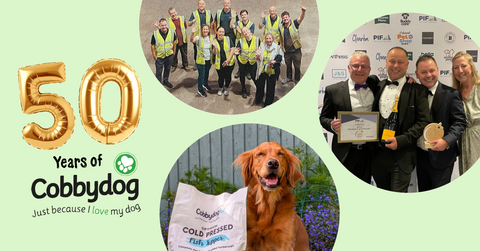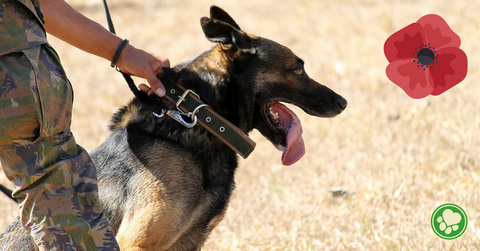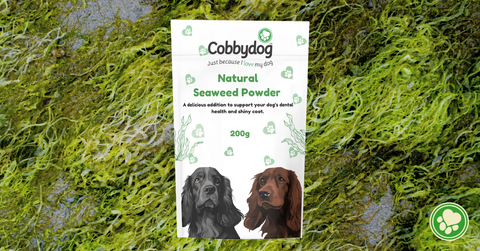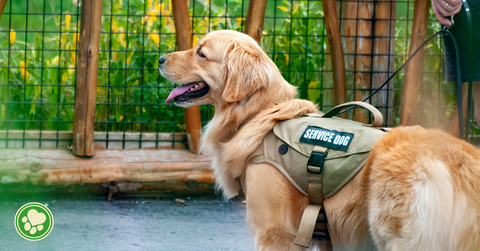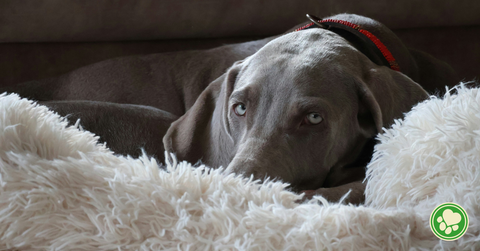Caring for older dogs
01 . March .2023Katy van suilchem0 Comments
For those of you with older dogs, we understand the need to try and improve your dog's quality of life as they age. But, often, elderly dogs face health challenges in later life that require more care and attention.
For this month's article, we are sharing a few tips to help care for older dogs and improve their quality of life.
- Hydration
Making sure your dog is drinking is very important, especially in the upcoming warmer months. This is because dehydration can impact their mobility and general well-being, which is already more vulnerable as they are in later life.
- Continue daily exercise to keep them active.
Older dogs are at risk of arthritis and weak joints, so keeping them active can be the answer to maintaining healthy bones and muscles. The activity also prevents dogs from becoming overweight and increases mental stimulation. It is important to note, though, that older dogs may not be able to take on the same routes and walks as older dogs, so it’s important to ensure walks are the appropriate length and not too strenuous.
- Keep them comfortable
Ensuring your dog is comfortable towards the end of its life is vital. You can make sure your dog is kept comfortable by ensuring their bedding is clean, they have a warm and quiet place to rest, and they can access outdoors when they need to.
- Oral Health
Older dogs tend to have poor dental hygiene, which can cause foul-smelling breath and make it difficult for dogs to eat and drink. Ensuring they have maintained oral health can give them a better quality of life.


